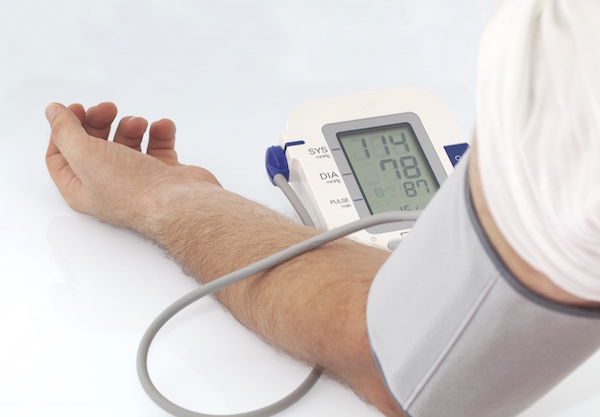
FRIDAY, Jan. 11 (HealthDay News) — The number of donor livers that aren’t being used for transplants in the United States is increasing due to declining quality of the donated organs, and could lead to a shortage of livers available for transplant, a new study finds.
The primary cause of the decrease in liver donor quality is donation after cardiac death (when blood circulation ceases), but it is also due to donors who are older, have diabetes or are overweight.
For the study, researchers analyzed U.S. data on more than 107,000 deceased organ donors between 1988 and 2010. The number of unused livers declined from 66 percent in 1988 to 15 percent in 2004, and then rose to 21 percent in 2010, the investigators found.
Nonuse of donated livers was independently linked to donation after cardiac death, older donor age, donor diabetes and donors being overweight or obese, according to the study, which appears in the January issue of the journal Liver Transplantation.
“Our findings show nonuse of livers for transplantation is steadily rising, and is primarily due to donation after cardiac death,” Dr. Eric Orman, of the University of North Carolina School of Medicine, in Chapel Hill, said in a journal news release. “If these trends continue, a significant decline in liver transplant availability would be inevitable.”
“For patients with end-stage liver disease, transplantation is the only option for extending life, but organ availability places constraints on the transplant community,” Orman noted. “One of the methods to increase the donor pool is to include donors with less than ideal health status — those with fatty livers, older donors and donation after cardiac death.”
Dr. Anton Skaro, of the Feinberg School of Medicine at Northwestern University in Chicago, wrote an accompanying editorial. He pointed out that livers donated after cardiac death have higher complication and failure rates. These organs, however, should be encouraged for patients who face poor outcomes if they remain on the liver transplant waiting list, he noted.
More information
The U.S. National Institute of Diabetes and Digestive and Kidney Diseases has more about liver transplantation.

